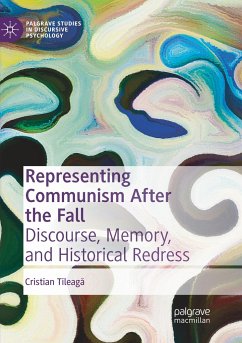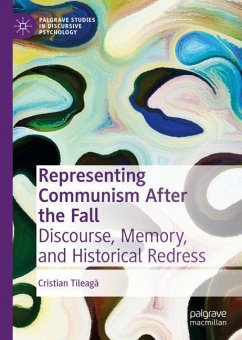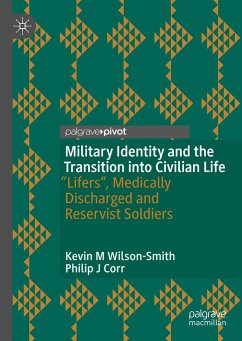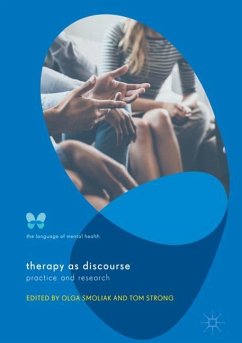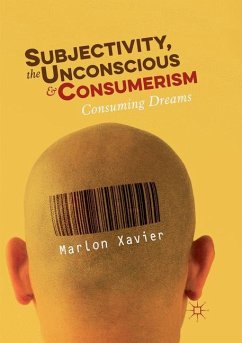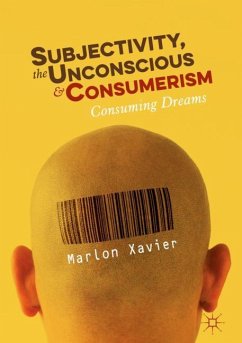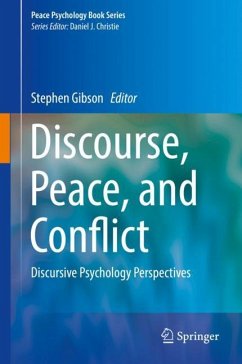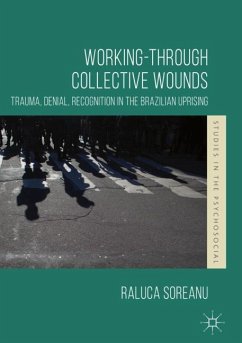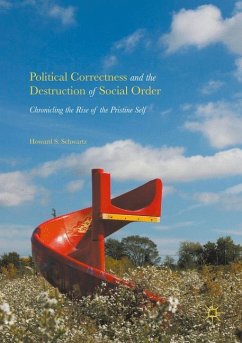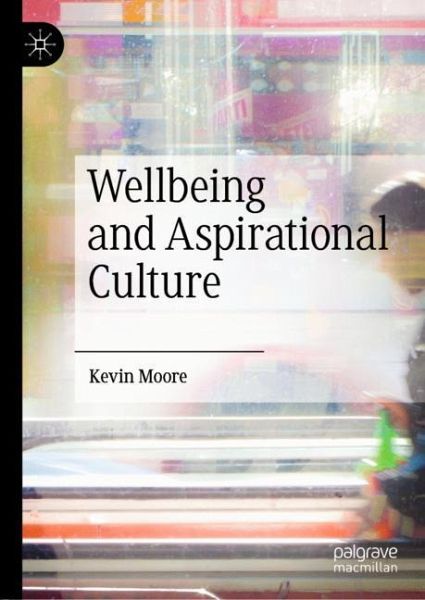
Wellbeing and Aspirational Culture

PAYBACK Punkte
34 °P sammeln!
This book addresses the paradox that, despite quantifiable advances, people often struggle to experience positive wellbeing. Kevin Moore argues that two key insights can help resolve this paradox: first, that we live in an 'aspirational culture' that has its roots in the agrarian revolution and now demands constant economic growth, individual ambition, and self-improvement while promoting change and uncertainty; and second, that we are persons, and persons are created when cultures interact with our biology. Accordingly, our wellbeing depends on how personhood develops through that interaction...
This book addresses the paradox that, despite quantifiable advances, people often struggle to experience positive wellbeing. Kevin Moore argues that two key insights can help resolve this paradox: first, that we live in an 'aspirational culture' that has its roots in the agrarian revolution and now demands constant economic growth, individual ambition, and self-improvement while promoting change and uncertainty; and second, that we are persons, and persons are created when cultures interact with our biology. Accordingly, our wellbeing depends on how personhood develops through that interaction.
Bringing together wellbeing and personhood research from multiple disciplines, Moore explains how aspirational cultures are detrimental to wellbeing because they consistently undermine and disrupt the ordinary tasks of life that are essential to sustaining our personhood and wellbeing. He concludes that if we are serious about improving wellbeing, we have to createa culture not based on aspiration but which, instead, focuses on supporting persons and personhood.
Bringing together wellbeing and personhood research from multiple disciplines, Moore explains how aspirational cultures are detrimental to wellbeing because they consistently undermine and disrupt the ordinary tasks of life that are essential to sustaining our personhood and wellbeing. He concludes that if we are serious about improving wellbeing, we have to createa culture not based on aspiration but which, instead, focuses on supporting persons and personhood.





